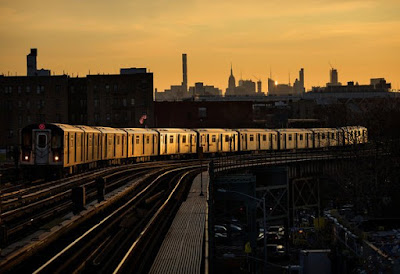
Wikipedia - "A BLT (Bacon, Lettuce, and Tomato) is a type of bacon sandwich. The standard BLT is made up of four ingredients: bacon, lettuce, tomato, and bread. The BLT evolved from the tea sandwiches served at a similar time to the club sandwich, although it is unclear when the name BLT became the norm. While there are variations on the BLT, the essential ingredients are bacon, tomatoes and lettuce, on a slice of bread. The quantity and quality of the ingredients are matters of personal preference. The bacon can be well cooked or tender, but as it 'carries' the other flavours, chefs recommend using higher quality meat; in particular, chef Edward Lee states 'Your general supermarket bacon is not going to cut the mustard.' ..."
Wikipedia
YouTube: BLT - Bacon, Lettuce, Tomato
















































